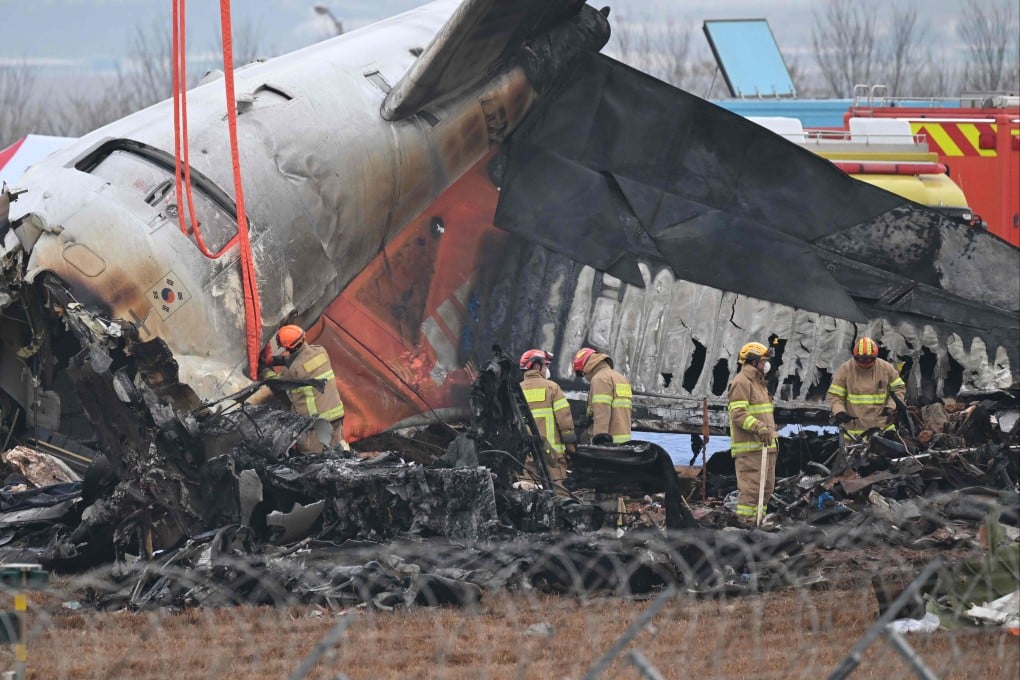Before Jeju Air crash, South Korea had gone from air safety ‘pariah’ to global gold standard
South Korea’s aviation industry has undergone a remarkable transformation, rising from a “pariah” with a history of deadly crashes to a global safety leader

A plane crashed in South Korea, killing nearly all on board and surprising an industry that has come to view the nation as one of the world’s safest for air travel.
Flight 7C2216, a 15-year-old Boeing 737-800 operated by the Korean budget airline Jeju Air, crashed while landing at Muan International Airport just after 9am local time on Sunday. Of the 181 people on board, there were just two survivors, both crew members.
In recent years, South Korea has been considered among the safest for air travel, but it wasn’t always that way.
“25 years ago, South Korea was a pariah in the aviation industry,” said Airline News editor and aviation expert Geoffrey Thomas. He said the nation’s safety standards have since improved “dramatically.”
Sunday’s crash marks the first fatal accident for Jeju Air, founded in 2005 and named one of the best low-cost airlines in the world in 2024 by aviation ranking website AirlineRatings.com.
The airline was founded after decades of fatal crashes prompted the nation to rehabilitate its aviation safety culture.
